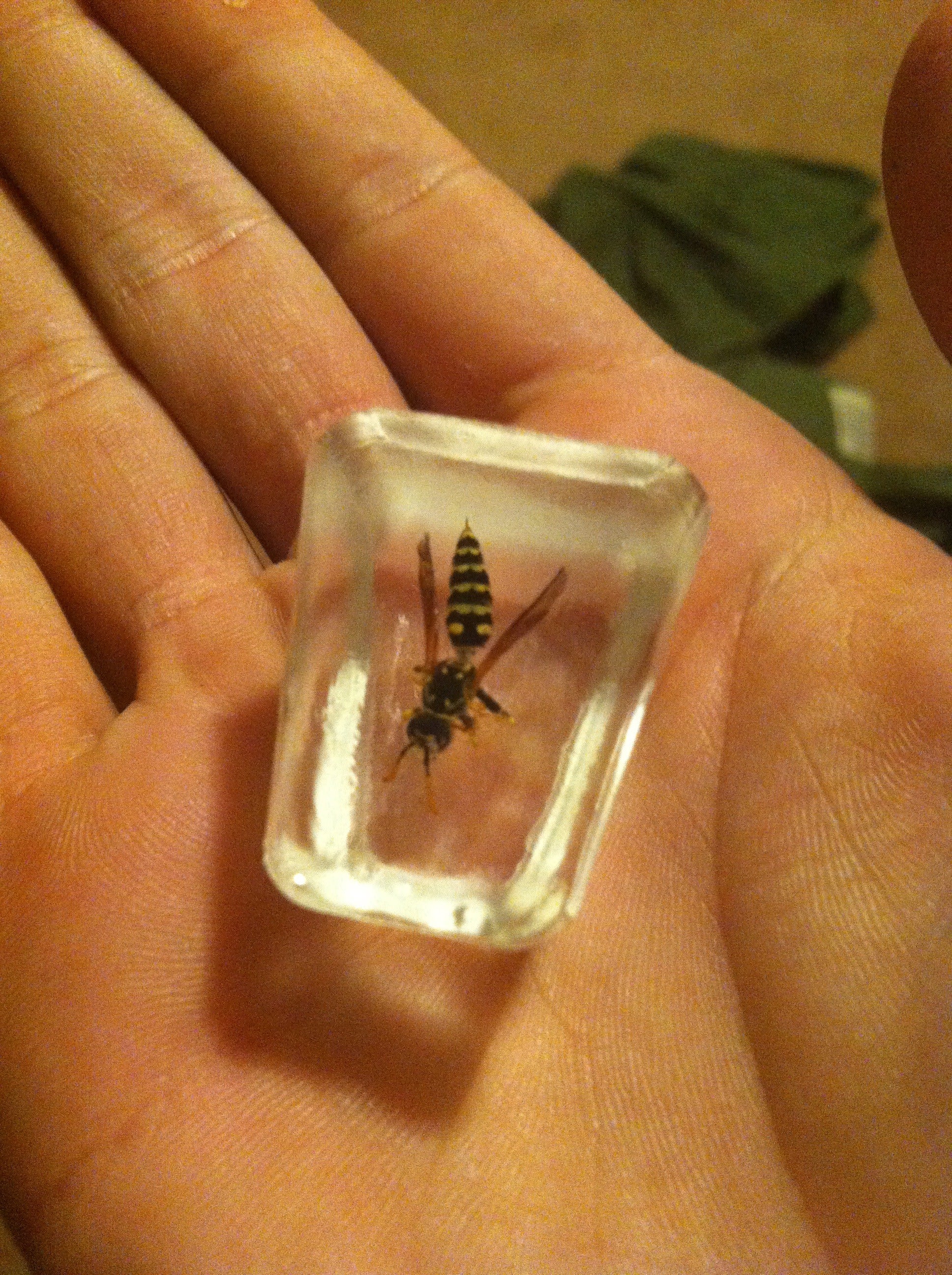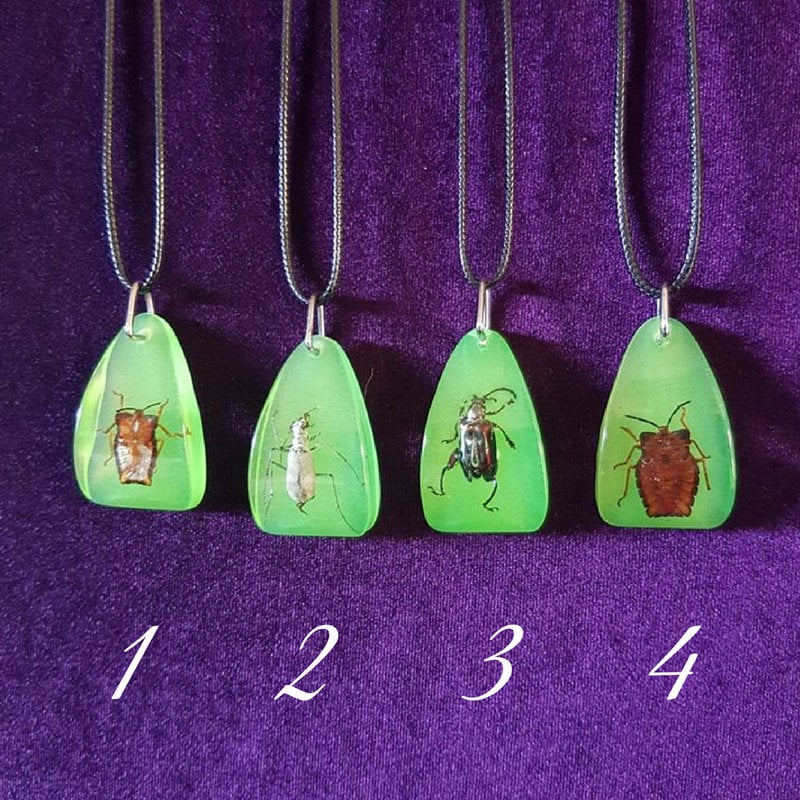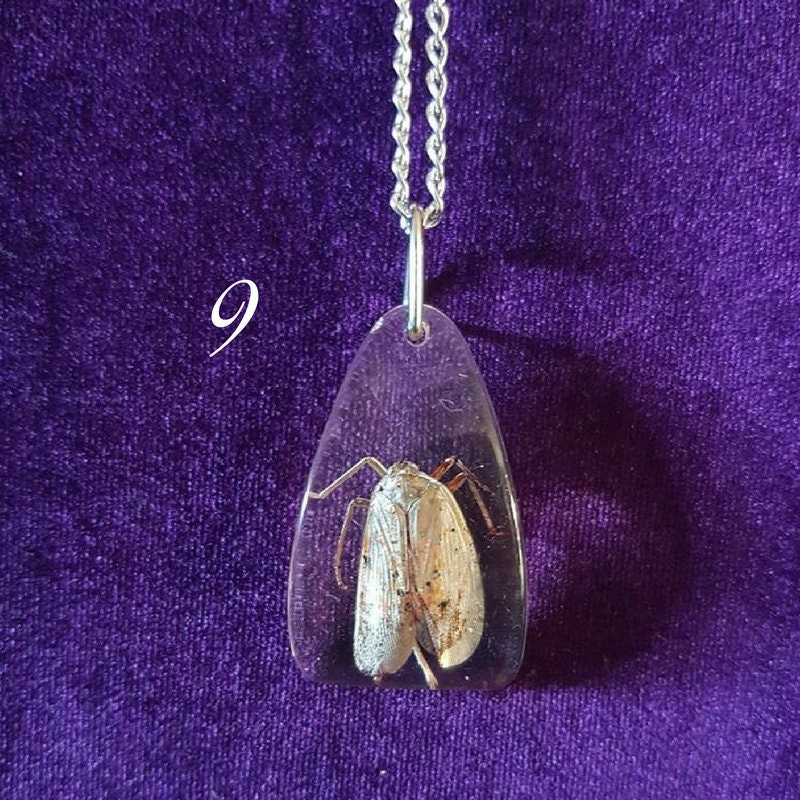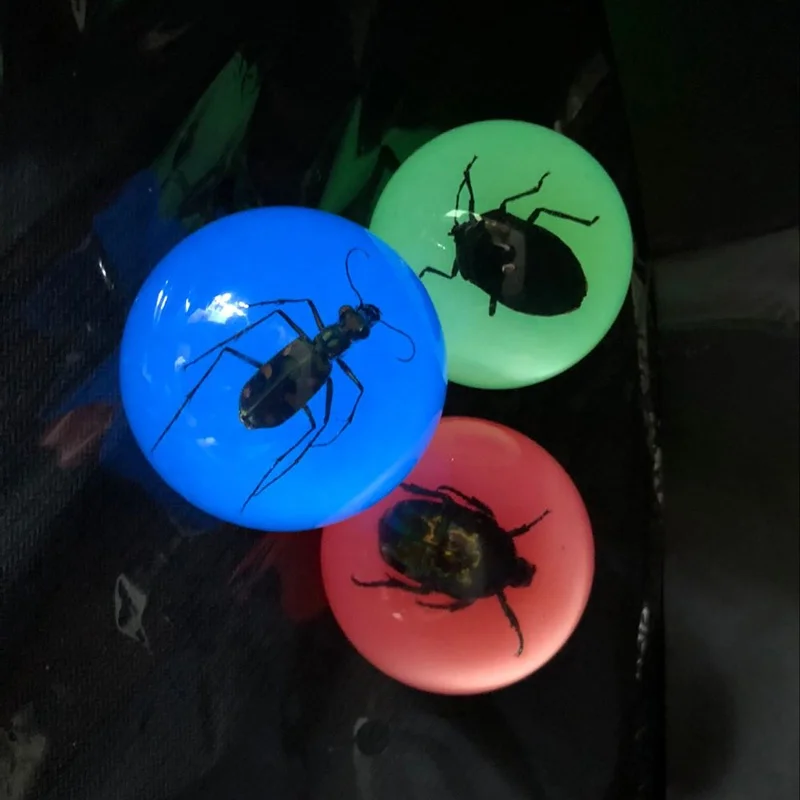insect resin 3 letters
If you are searching about Insect in Resin Block #8 | Indiana9 Fossils you've came to the right page. We have 10 Pictures about Insect in Resin Block #8 | Indiana9 Fossils like Insect in Resin Block #8 | Indiana9 Fossils, Buy Insect Resin, 11 Pcs Real Bugs Insect Specimen, Real Insect and also 10 Different Insect Resin Pendants. Here it is:
Insect In Resin Block #8 | Indiana9 Fossils
 indiana9fossils.com
indiana9fossils.com
Buy Insect Resin, 11 Pcs Real Bugs Insect Specimen, Real Insect
 www.desertcart.co.za
www.desertcart.co.za
Real Insect Resin Crafts Black Stag Beetle Insect Block Paperweight
 www.ecplaza.net
www.ecplaza.net
Preserve Insects In Resin : 6 Steps (with Pictures) - Instructables
 www.instructables.com
www.instructables.com
preserve resina preservar insectos insect instructables conservazione preserving askix insecto
10 Different Insect Resin Pendants
 www.luciferothica.com
www.luciferothica.com
luciferothica reserved rights contact shop
Diy Resin Crafts, Origami Crafts, Jewelry Crafts, Insect Taxidermy
 www.pinterest.co.kr
www.pinterest.co.kr
Vintage Real Insect Resin Acrylic Paperweight Taxidermy | Etsy
 www.pinterest.com
www.pinterest.com
resin acryl taxidermy echtes insekt paperweight muster
Insect Alphabet A2 Poster | Etsy | Insect Art, Nature Art Prints, Bug Art
 www.pinterest.com
www.pinterest.com
insect insects alfabeto pinnwand illustrated
10 Different Insect Resin Pendants
 www.luciferothica.com
www.luciferothica.com
insect pendants resin different luciferothica
Unique Real Insect Specimen Paperweight - Buy Real Insect Paperweight
 www.alibaba.com
www.alibaba.com
insect paperweight real specimen unique usage
Vintage real insect resin acrylic paperweight taxidermy. Insect alphabet a2 poster. Insect insects alfabeto pinnwand illustrated. Luciferothica reserved rights contact shop. Insect paperweight real specimen unique usage. Buy insect resin, 11 pcs real bugs insect specimen, real insect. Resin acryl taxidermy echtes insekt paperweight muster. Preserve insects in resin : 6 steps (with pictures). 10 different insect resin pendants. Diy resin crafts, origami crafts, jewelry crafts, insect taxidermy. Insect pendants resin different luciferothica. 10 different insect resin pendants. Unique real insect specimen paperweight. Insect in resin block #8. Real insect resin crafts black stag beetle insect block paperweight. Preserve resina preservar insectos insect instructables conservazione preserving askix insecto
Theories Explained
Phototaxis: Seeking buoyant or Seeking Darkness?
One prevailing theory a propos insect resemblance to roomy is phototaxis, the instinctive tendency of organisms to put on towards or away from light stimuli. though distinct phototaxis explains why some insects are drawn to lively sources, negative phototaxis elucidates the tricks of those that avoid light, seeking refuge in darkness.
Disorientation and Misguided Navigation
Another hypothesis posits that precious lights interfere as soon as insects' navigational abilities, leading to disorientation and erratic flight patterns. Insects may become trapped in an endless cycle of circling nearly fresh sources, unable to discern a exaggeration out of their radiant trap.
Misinterpretation of roomy Signals
Intriguingly, distinct species of insects may mistake exaggerated lights for natural cues, such as the moon or stars. This misinterpretation can have dire consequences, as insects may expend indispensable sparkle resources attempting to accomplish an unattainable destination.
Practical Implications
Ecological Consequences
The similarity of insects to pretentious lights can have puzzling ecological implications, impacting predator-prey dynamics, pollination patterns, and nocturnal ecosystems. Disruptions in these delicate balances may cascade throughout entire ecosystems, potentially leading to unforeseen consequences for biodiversity and ecosystem stability.
Pest dealing out Challenges
For homeowners, businesses, and agricultural enterprises, insect empathy to light presents a significant challenge in pest running efforts. leaky admittance points, such as windows and doors, come up with the money for insects gone easy access to indoor environments, where pretentious lights beckon them into unsuspecting spaces.
Conclusion
In summary, the phenomenon of insects visceral drawn to roomy is a multifaceted and intriguing aspect of entomology. though numerous theories attempt to tell this behavior, the underlying mechanisms remain topic to ongoing research and debate. By achievement a deeper treaty of why insects are attracted to light, we can better mitigate the potential upshot and leverage this knowledge to inform pest presidency strategies and conservation efforts.